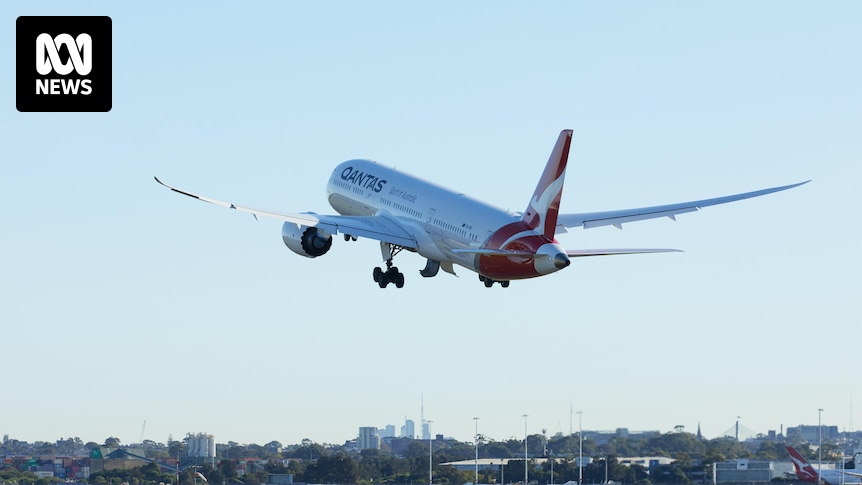MEL_Traveller
Veteran Member
- Joined
- Apr 27, 2005
- Posts
- 31,894
LibertyWorks decision is now published: LibertyWorks Inc v Commonwealth of Australia [2021] FCAFC 90 (dismissed)
AFF Supporters can remove this and all advertisements
Some lawyers will get richer and nothing else.That's a shame. I think they said they would appeal if they lost? If they appear, I wonder how that will go.
Indeed a shame that this case was dismissed, but it's not the only legal avenue.
This case was arguing that the Biosecurity Act didn't give the government the power to ban overseas travel to this extent. There have also been challenges to the legality of this based on the International Covenant on Civil and Political Rights, which was not within the scope of this case.
There was never really any doubt about the outcome. Anybody who has worked with any level of government in Australia knows that the entire system is corrupt and rotten to the core. You’ll never win in a fight against the government.
Of course the government loses cases or has to change position - look at robodebt for example.
Indeed a shame that this case was dismissed, but it's not the only legal avenue.
This case was arguing that the Biosecurity Act didn't give the government the power to ban overseas travel to this extent. There have also been challenges to the legality of this based on the International Covenant on Civil and Political Rights, which was not within the scope of this case.
Robodebt had significant traction from the otherside of politics.
The international border is an issue neither side will touch. So I can assure you, the courts will side with the status-quo
Sorry, but it’s not. I’d be happy to be proven wrong.It’s inaccurate to say the courts side with anything. They are disinterested.
They did not favour the Cth on the WA border closures.
When the Feds learnt that polling showed that a principled stand against state border closures was unpopular with voters, they quickly decided to no longer support moves to challenge them.
Hopefully the press runs more stories like this: ‘Frustration’ over no end to border closures
At least it would provide attention to the issue
This article suggests further legal challenges to the ban could come:

Australians trying to leave the country could have a constitutional challenge, legal expert says
Legal experts are questioning measures forcing travellers to get exemptions to leave the country, and Australia's other responses to the pandemic could increase the chances of a legal challenge.www.abc.net.au
This article suggests further legal challenges to the ban could come:

Australians trying to leave the country could have a constitutional challenge, legal expert says
Legal experts are questioning measures forcing travellers to get exemptions to leave the country, and Australia's other responses to the pandemic could increase the chances of a legal challenge.www.abc.net.au

